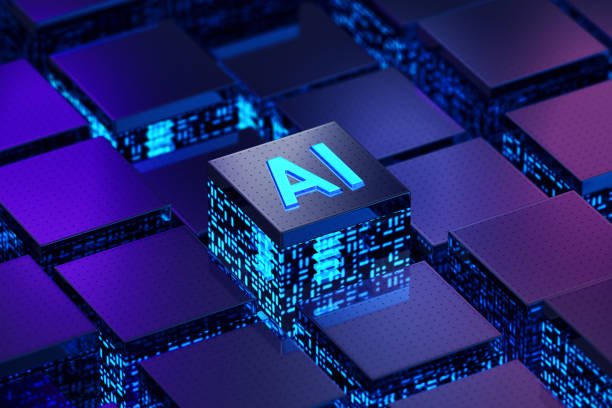Have you ever wondered if human creativity is fading in the age of intelligent machines? With Generative AI Course offerings and tools becoming more popular, it is easy to question where humans fit in a world where machines create for us. But is this the end of creativity or the start of a new era? It is essential to understand How Does Generative AI Work first. At its core, it learns patterns from vast amounts of data and uses this knowledge to produce original content.
Let us explore how Generative AI is reshaping creativity in never imagined ways.
Table of Contents
- AI and Creativity: A Journey of Transformation
- Conclusion: A New Dawn for Human Creativity
AI and Creativity: A Journey of Transformation
Explore how the fusion of human imagination and AI technology is unlocking new realms of innovative possibilities.
Reimagining Creativity Before AI: Before the emergence of AI, creativity was an intensely personal and sometimes challenging work. Creativity depends solely on human endeavour, expertise, and instinct, whether shown in a novelist’s complex narrative or an artist’s vivid painting.
Consider the work of graphic designers, who spent hours sketching ideas, choosing colours, and iterating layouts by hand. Likewise, authors grappled with unfilled pages, deriving inspiration from their surroundings, often encountering obstacles. Musicians experimented with chords and melodies, striving for ideal harmony.
This method of creation, while richly rewarding, had its limitations. The procedure was laborious and unattainable for anybody without expertise or finances. Creativity was seen as an exclusive domain, requiring either years of expertise or natural talent. It was a world where technology played only a supporting role, leaving the heavy lifting to human imagination.
Enhancing Collaboration Between Humans and Machines: With the advent of Generative AI, the landscape of creativity has shifted dramatically. This is not a substitute for human intellect; it is a partnership. AI does not generate independently; it assimilates information and collaborates with people to augment the creative process.

Imagine a writer struggling to craft the perfect opening line. Generative AI systems such as ChatGPT provide recommendations, igniting new concepts. A graphic designer may use platforms such as DALL·E to produce visual ideas, offering inspiration that might have previously required days to cultivate. AI serves as a catalyst in this collaboration, expediting the transition from concept to implementation.
This collaboration has unlocked previously closed doors, allowing creators to focus on what they do best: infusing their work with meaning and emotion, while relying on AI to handle the technical or repetitive aspects of creation.
Redefining Creativity Through Customisation: Generative AI has elevated customisation to unparalleled heights. These days, creators can create experiences that include interactive narratives, personalised music playlists meant for certain groups, and marketing efforts.
For instance, a marketer can use AI to create tailored email messages for a specific customer group. Authors can craft narratives that respond to a reader’s decisions, creating an engaging, interactive experience. This degree of personalisation was unattainable in the pre-AI era, as artists often resorted to a uniform approach.
This shift enhances audience engagement and transforms how we consume and connect with creative work, making each interaction feel more intentional and immersive than ever before.
Expanding Creative Possibilities Beyond Limits: Generative AI assists with existing creative processes and pushes the boundaries of what’s possible. Blending human imagination with the analytical power of AI allows creators to explore entirely new styles, mediums, and formats.
For instance, AI-generated art often combines influences that span centuries and styles, creating works that challenge traditional definitions of originality. In filmmaking, AI enables directors to visualise futuristic worlds and simulate complex scenarios with unprecedented realism.
This capacity to explore the unimaginable enables artists to envision grander concepts and create more rapidly. AI is not just transforming the creative environment; it is also broadening it into previously inconceivable domains.
Conclusion: A New Dawn for Human Creativity
Generative AI has not marked the end of an era. It has ushered in a new one where robots and people cooperate, each contributing their own abilities. AI accelerates workflows, expands possibilities, and makes creativity more accessible, but humans still infuse creations with soul and emotion.
For those looking to reshape their creativity, The Knowledge Academy offers free resources to explore the potential of AI, helping creators and innovators embrace this collaboration.


